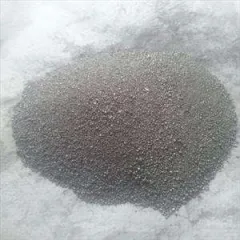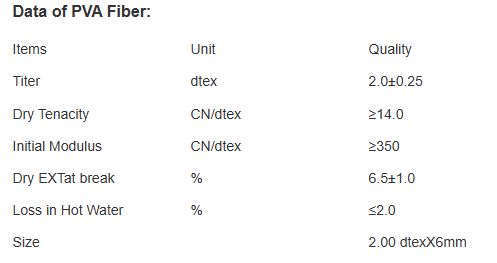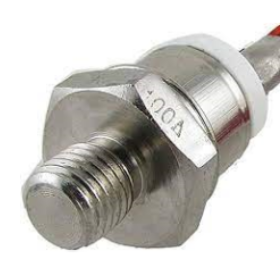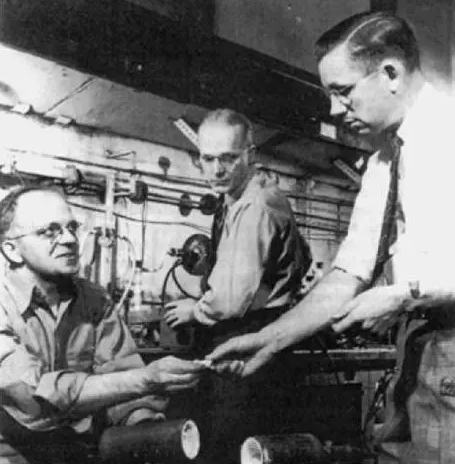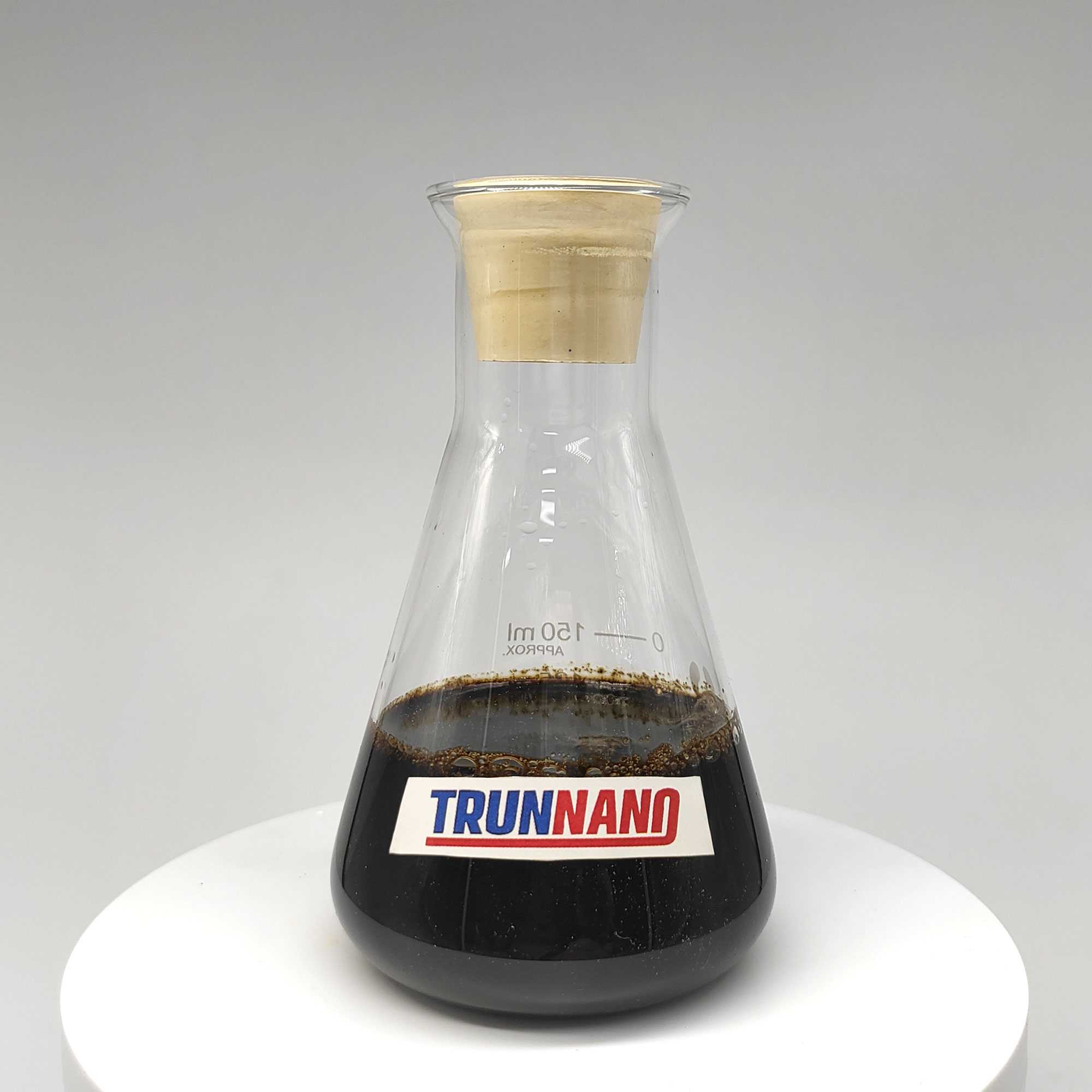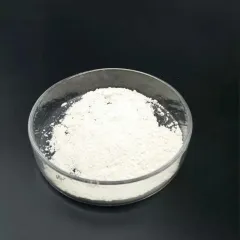Molybdenum Carbide: A Pioneer in High-Performance Catalytic Products and Future Power Applications
Molybdenum carbide (Mo ₂ C), as a novel change steel carbide, exhibits exceptional physical and chemical properties, making it an exceptional catalyst in various reactions, specifically in hydrogen manufacturing and carbon dioxide reduction, with wide application leads. Mo ₂ C is composed of molybdenum (Mo) and carbon (C), including a high melting factor (~ 2690 ° C), exceptional electrical conductivity, thermal security, and mechanical toughness. Most importantly, its surface is abundant in active websites that can successfully adsorb and trigger molecules, making it a perfect catalytic material. Top Notch Mo ₂ C can be prepared using techniques such as direct carburization, chemical vapor deposition (CVD), sol-gel procedure, and microwave-assisted synthesis. These advanced techniques provide a solid foundation for checking out Mo ₂ C’s capacity in many applications.
(Molybdenum Carbide Powder)
In the last few years, study has shown that Mo ₂ C masters several locations, consisting of efficient hydrogen evolution response (HER) drivers, superb carbon monoxide ₂ reduction catalysts, superior hydrodesulfurization (HDS) performance, and outstanding lithium-ion battery anode products. For example, in acidic atmospheres, Mo ₂ C can accomplish quick and secure water splitting to produce hydrogen with low overpotential and Tafel slope near to academic worths. In transforming CO ₂ into useful chemicals like formic acid or methanol, Mo ₂ C demonstrates high selectivity and conversion performance. During petroleum refining, Mo ₂ C can finish HDS responses at lower temperature levels with greater selectivity and task. As a lithium-ion battery anode, it uses higher ability and cycle life. These research study findings have considerably propelled the commercial application of Mo ₂ C from lab setups.
Mo ₂ C showcases extensive applications throughout numerous markets. In hydrogen production and storage space, the Dalian Institute of Chemical Physics, Chinese Academy of Sciences, developed a reliable electrolyzer based on Mo ₂ C nanosheet varieties, achieving stable water splitting at space temperature level, reducing power intake, and improving hydrogen pureness. For tidy energy conversion, Stanford College created a photoelectrochemical tool composed of Mo ₂ C nanowires that can directly transform CO ₂ into fluid fuels under light problems, minimizing greenhouse gas discharges while providing tidy gas sources. In environmental protection, limit Planck Institute for Solid State Study discovered that Mo ₂ C-modified turned on carbon fibers substantially improve SO ₂ capture effectiveness and are quickly regrowed for repeated usage. Furthermore, in new power storage space devices, researchers at KAIST reported a sodium-ion battery making use of Mo ₂ C as the anode material, defined by quick charge-discharge rates, excellent cycle security, and power thickness exceeding 400 Wh/kg, assuring for future clever grids and electric lorries.
()
Despite substantial success in Mo ₂ C products and associated innovations, challenges remain in sensible promo and application, such as expense issues, large manufacturing technology, environmental friendliness, and standardization. To get rid of these barriers, constant development and boosted participation are vital. On one hand, deepening essential study to discover new synthesis approaches and improve existing processes can continuously reduce manufacturing prices. On the other hand, establishing and perfecting market criteria promotes worked with advancement amongst upstream and downstream firms, developing a healthy and balanced ecosystem. Colleges and study institutes should enhance educational investments to cultivate more high-quality specialized abilities. In summary, Mo ₂ C, as a highly appealing high-performance catalytic product, is slowly changing numerous facets of our lives. With ongoing technical maturation and perfection, Mo ₂ C is anticipated to play an irreplaceable duty in more and more areas, bringing more benefit and benefits to human society in the coming years.
TRUNNANO is a supplier of Molybdenum Carbide with over 12 years of experience in nano-building energy conservation and nanotechnology development. It accepts payment via Credit Card, T/T, West Union and Paypal. Trunnano will ship the goods to customers overseas through FedEx, DHL, by air, or by sea. If you want to know more about Molybdenum Carbide, please feel free to contact us and send an inquiry(sales8@nanotrun.com).
All articles and pictures are from the Internet. If there are any copyright issues, please contact us in time to delete.
Inquiry us


